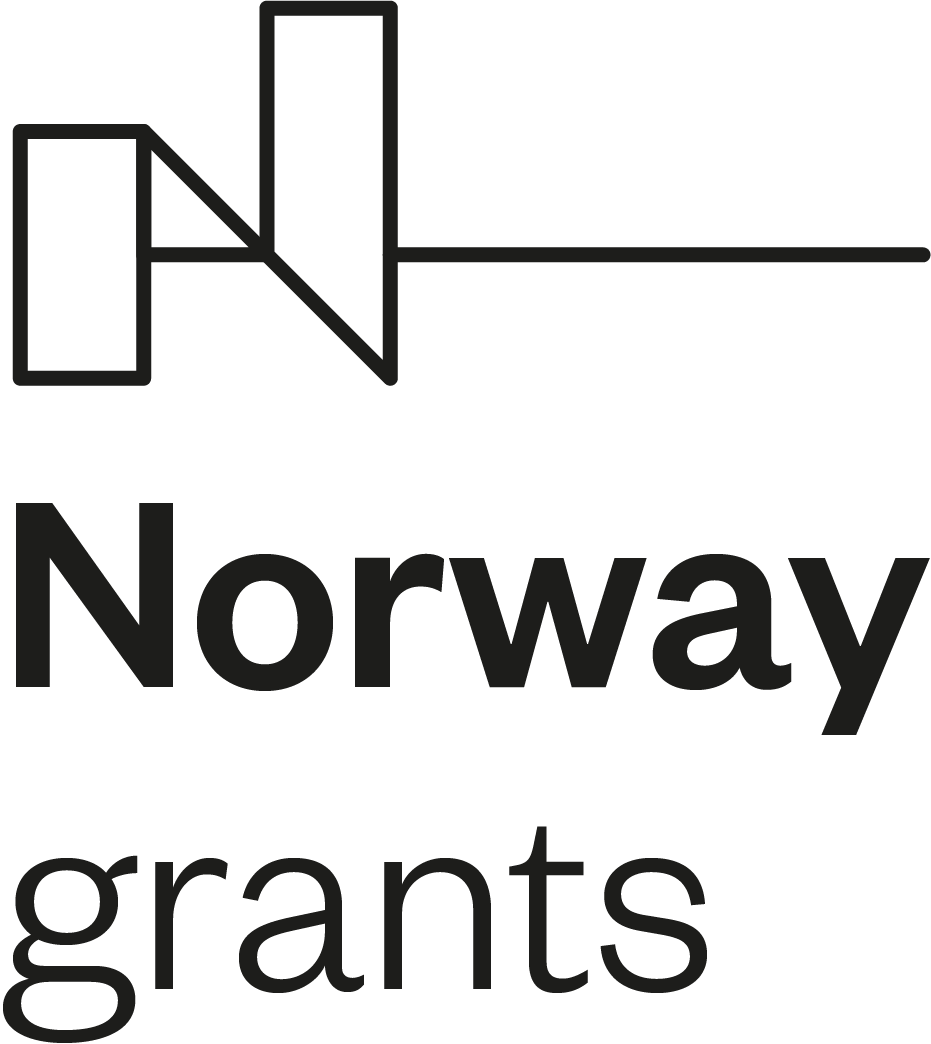Research program
Socio-Political Role of Kurdish Cultural Institutions in Turkish and Iraqi Kurdistan, Europe and to some extent in Iranian and Syrian parts of Kurdistan.
In recent years the political situation of Turkish and Iraqi parts of Kurdistan have been changing significantly. It’s a highly interesting phenomenon that entails, inter alia, implementation of human and cultural rights, such as freedom of expression, the free use of the mother tongue and cultivation and preservation of native culture. In the new, beneficial circumstances the Kurds take opportunities to establish stable structures that help them to enhance and develop their national identity. It is beyond question that the Kurdish activity in the field of cultural institutions seems to be another example of the idea to make ones own voice more audible in order to protect and promote Kurdish cultural heritage along with the right to self-determination.
The primary focus of the research is performance of cultural institutions in Kurdish areas of Turkey, Iraq and Europe (Sweden) and the role they play in a dynamic political and social environment. The purpose of the study is to examine to what extent the above institutions have an impact on creation of Kurdish reality, what kind of factors influence their emergence, organizational structure, mission and activities? Particularly through the prism of dichotomies: tradition vs. innovation; the West vs. the Middle East; external vs. domestic; religion vs. secularism; politics vs. Culture. How did their role evolve from the beginnings to the present, and whether they implement any clear, coherent, modern development strategy? Can this strategy be compared to the postcolonial experiences of other nations of the Middle East? Until now research shows that the Kurdish situation is unique in some respects and needs thorough examination before it can be compared. Research is to be concentrated on the following specific issues: 1) organizational and operational dimension of Kurdish cultural institutions (with Marcin Rzepka) 2) local cultural capacity, its needs and deficiencies (with Joanna Bocheńska); 3) cultural education and popularization of different forms of cultural participation; ability to address social problems; capability to create a space for debate on the socio-political and intercultural levels; as well as cultural policy; 4) cultural patronage and 5) foreign (external) relations, especially in the area of Kurdish-Turkish but also Kurdish-Arab, Kurdish-Assyrian, Kurdish-Armenian relationships (with Krzysztof Lalik).



